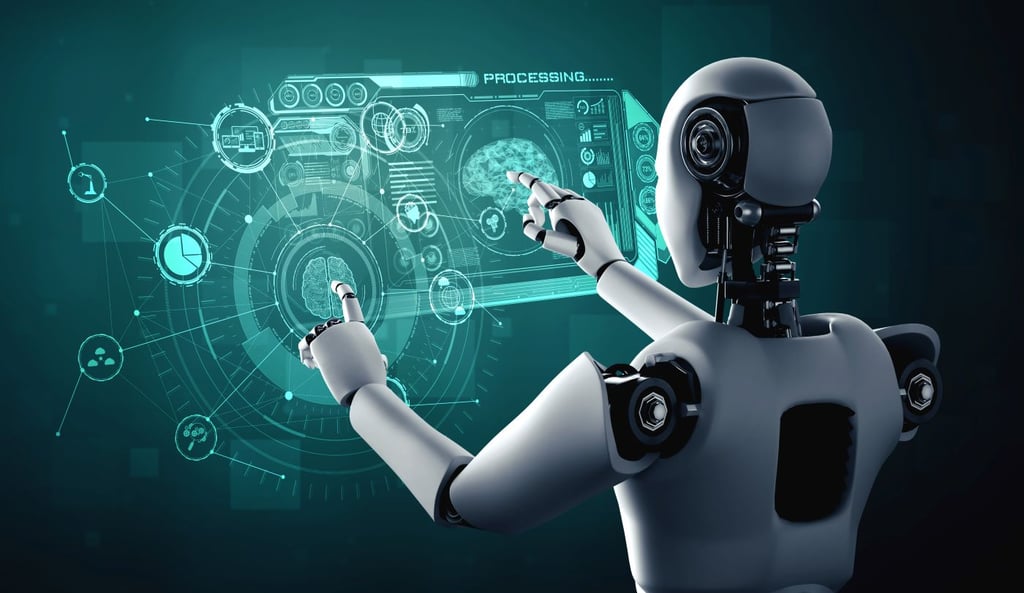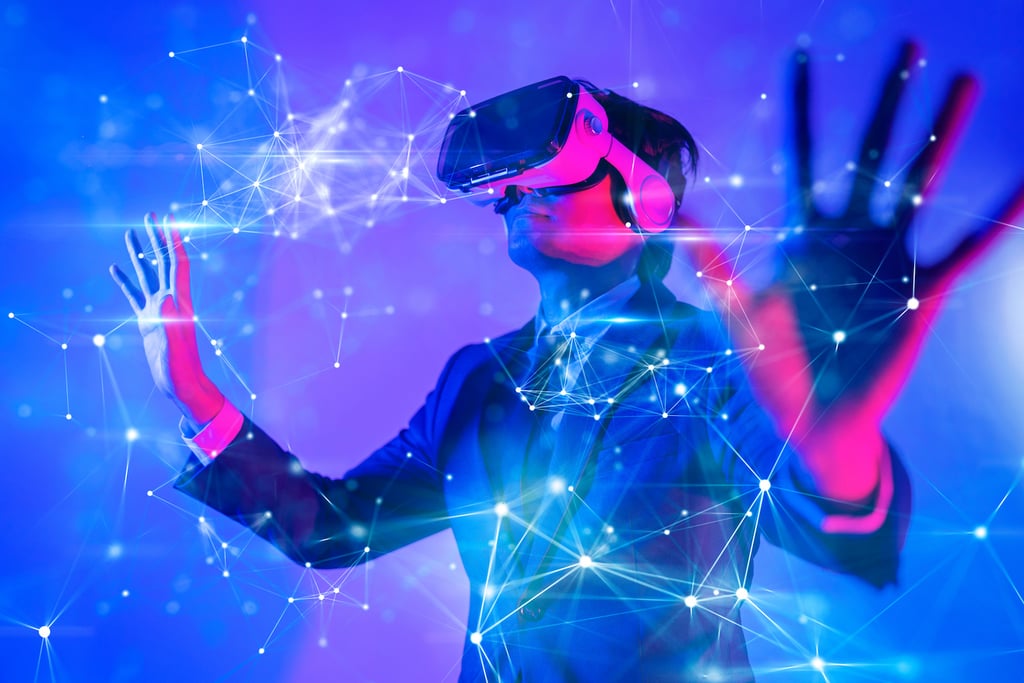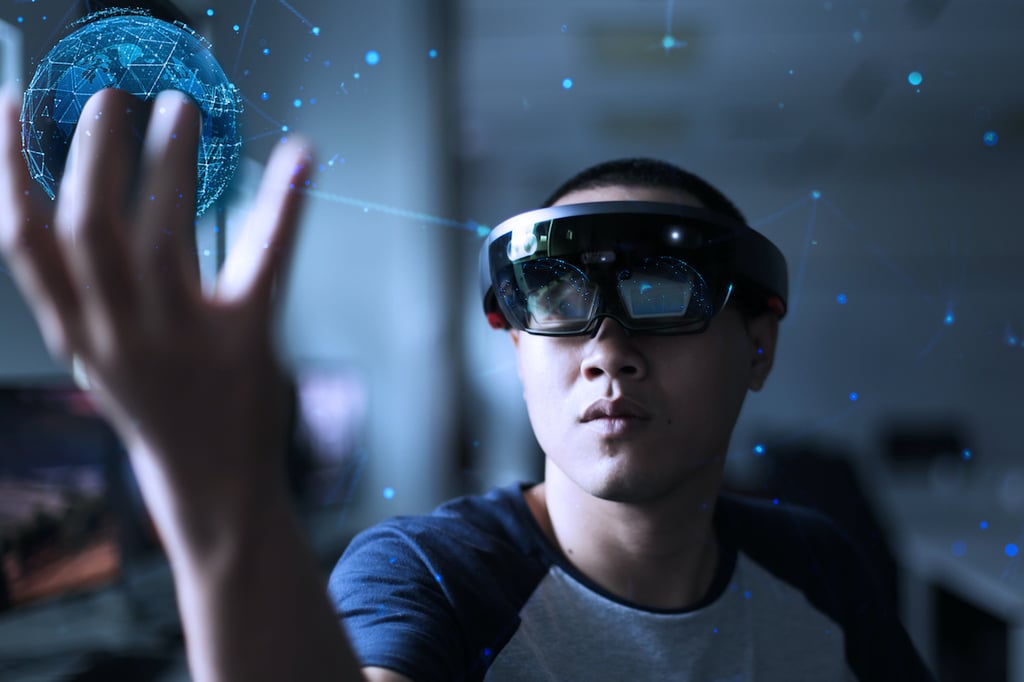The fun part about thinking about artificial intelligences (AI) – especially for folks with a dark sense of humor – is that it is possible to assess its impact in the short term, the medium term and the very long term. The humor springs from the fact that the long-term view refers to the end of civilization.
Overriding the conversation is the idea that the sophistication and capabilities of AI are growing at a very rapid clip. It was mostly discussed by futurists and screenwriters just a few years ago. Now, it is at the center of many corporate and business functions.
The nature of the growth is startling. Indeed, the first thing to ask about Google’s DeepMind is which science fiction movies and short stories are brought to mind by the recent news that the platform can now teach itself based on information it already possesses. In other words, people are no longer a necessary part of the platform growing more knowledgeable or sophisticated.
DeepMind, according to The Next Web, uses a hybrid system called differential neural computer. With the storage capacity of a conventional computer, the platform combines “smart” artificial intelligence (AI) with a neural network capable of quickly parsing it, according to the story. The piece offers two examples of DeepMind thinking on its own. One focuses on relationships in a family tree and the other on the London Underground.
The short-term and parochial view of the impact of AI on business is illustrated by Einstein, which is Salesforce’s AI initiative. TechCrunch says that it “isn’t a product so much as a set of intelligence functionality” that buttresses the company’s platform:
Today, Einstein can provide information like predictive lead scoring and opportunity insights, which alert a rep how a deal is trending — the kinds of information many CRM applications have been offering for some time — but as the technology develops, the company sees a much bigger role for it.
The mid-level view of the dangers of AI is captured in an ITWorld piece on AI by Galen Gruman. He recounts questions asked of Microsoft and IBM executives at the recent SoCal and Gartner ITExpo conferences about whether these systems will “spy deeply on our work lives.” Gruman points out that platforms such as IBM Watson, Microsoft Cortana, LinkedIn, DeepMind, Apple’s Siri and others can provide analysis based on information gathered and crunched as only a supercomputer can. He got it right with a one-word paragraph after his description: “Scary!”
A main point of the story is that it may be very difficult to deduce when a sophisticated AI platform is making a subjective judgement about a person. The bit of data upon which that judgement is based, such as bounced checks or traffic tickets, may permanently influence the subjective analysis that influences the person’s fate. Gruman makes some suggestions about use and treatment of data. They seem sensible, but unlikely to permanently change things – especially when the machines start writing the rules.
The longer-term view is that we all may be doomed. It was voiced this week by cosmologist, theoretical physicist and Jaguar pitchman Stephen Hawking, who offered a dire warning as he addressed the opening of the Leverhulme Centre for the Future of Intelligence at the University of Cambridge. AI, he was quoted by The Independent as saying, could lead to the creation of “powerful autonomous weapons” and new and “novel” ways to oppress and control the masses. The potential impact is decidedly non-trivial:
Hawking suggested AI could be the last event in the history of our civilisation if humanity did not learn to cope with the risks it posed.
The past decade has proven not only that AI is real, but that the scariest scenarios thought up in Hollywood are quite reasonable.
Carl Weinschenk covers telecom for IT Business Edge. He writes about wireless technology, disaster recovery/business continuity, cellular services, the Internet of Things, machine-to-machine communications and other emerging technologies and platforms. He also covers net neutrality and related regulatory issues. Weinschenk has written about the phone companies, cable operators and related companies for decades and is senior editor of Broadband Technology Report. He can be reached at cweinsch@optonline.net and via twitter at @DailyMusicBrk.










